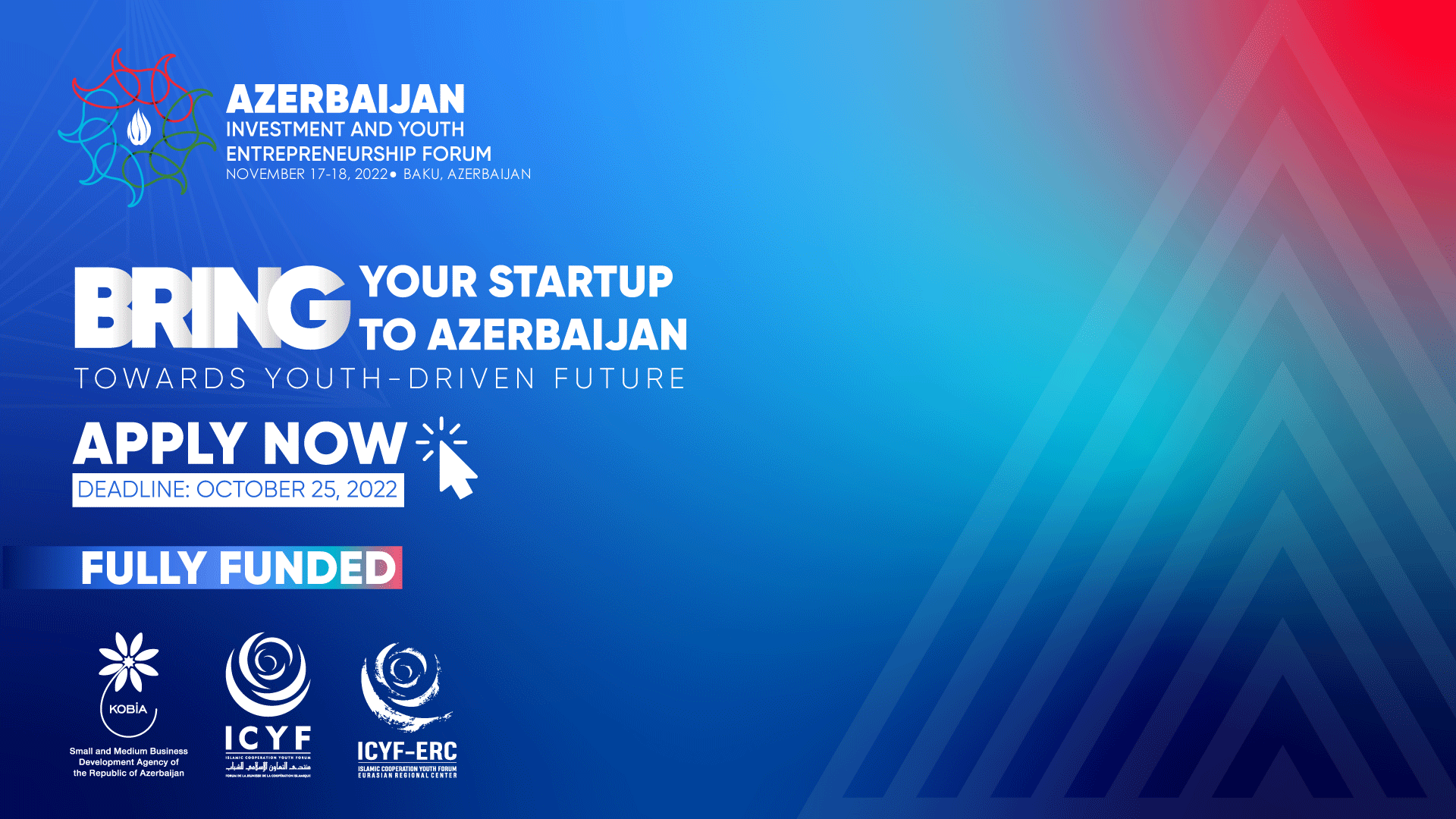SCOPE OF ICYF VETEDs AND ITS CONTRIBUTION TO THE SUSTAINABLE SOCIO-ECONOMIC DEVELOPMENT:
Recent studies have reported that there are three basic required skills for sustainable development in African countries, including communication and learning skills, numeracy, literacy and other cognitive skills. Research shows that young people in African countries need to develop social and citizenship skills, the ability to cooperate with others and technical and workplace skills including soft skills, individual development skills and ability to contribute to Pan–African identity.
Vocational education and training are essentially important as they provide core applied learning; that is with acquisition of knowledge, skills, values and ethics appropriate for the workplace thus leading to increased opportunities for productive work, sustainable livelihoods, personal empowerment and socio-economic development.
However, there is a vital link between vocational education (VE) and global labor market. Studies reported that majority of youth in Africa are viewed either unemployed, low-paid or with precarious jobs, especially for countries with limited access to VET. Therefore, in order to make contributions to the development of those countries, technical knowledge is of paramount importance. It is important for young people to undergo vocational trainings especially with regards to the dynamic change of the job requirements today.
VET improves the quality of living standards by way of producing trained, skillful and experienced manpower. Employers prefer to hire people who have gone through vocational training since they are equipped with the necessary skills and practical experience. Hence, vocational training (VET) is considered to be as a lifelong training system that largely ensures the instant employment opportunities and those young people tend to perform a tremendous job when hired. Generally speaking, the concept of VET used to be restricted to non-university education but recently it has been shaped broadly to include the secondary schools and universities studies.
ICYF concentrates on building youth capacity with efficient capabilities through vocational training programs in order to give them the opportunity to live with decent living standard of living. In particular ICYF looks forwards to help youth gather specialized vocational and social skills in many different fields which meet the needs of the current workplace and global market. It also seeks to provide intensive training programs to further engage youth and help them to perform better while mapping them to the available requirements. ICYF believes that technical and vocational education help youth develop theoretical and practical knowledge useful for their independence and positive contribution to society.
ICYF VET is set to achieve numerous positive impact and implications, both socially and economically. Socially speaking, it affects youth self-awareness, time management, interpersonal relations, problem solving, increasing self-esteem and conference, and social responsibility while at the economic level, it leads to self-employment and development of self-related skills and employability.
ICYF VET Objectives:
- Building of strong cooperation among OIC Member Countries on TVET area
- Strengthening member countries’ capacities in the field of TVET
- Focusing on effective transformation and expansion of TVET.
- Training unskilled or low skilled youth.
- Decreasing the overall unemployment rate among Muslim youth, which is one of the crucial problems in the OIC Geography.
- To meet the need of well trained people in the home countries of the trainees.
- To train potential entrepreneurs and skilled workforce who will contribute to
- Economic development process of their own country and region
- Developing the youth awareness on their potential and their focused investment on their career paths.
- Offering sustainable development opportunity for the youth by creating effective enforcements.
- Preparing youth for entry-level employment and support of their skills’ growth.
- Increasing overall knowledge and knowhow level of youth to prepare them for competitive global labor market.
ICYF VET: NEW FIELDS, NEW OPPORTUNITIES
Given the constant technological advances, the demands of the work future require innovative thinking that is empowering youth to become impactful economic agents locally and globally.
offers workshops that equip youth with digital skills to empower them in today’s job market, including big-data analysis, training on hardware and software applications, and tips on thriving in a networked world.
local initiatives to help young people achieve economic success and promote their inclusive entrepreneurship.
The center shall provide the opportunity of vocational education and training for local youth to experience the business culture, develop skills, establish social and business national and international networks and capture new opportunities in the job market, by providing dynamic structure with rich perspective to raise qualified young professionals in all fields of business, trade and development.
The center covers the following critical areas in the following fields:
- Science and Technology Education (technological literacy, IT Support, Computer Science)
- Office Management and Managing Assistance
- Electrical Installation
- Web Design
- Agricultural Technical Vocational Education and Training (ATVET Approach)
- Farm Management & Horticulture
- Metal Works
- Graphic Design
- Cooking and Food Services
- Mechanical and Electrical Engineering
- Carpentry
- Plumping
- Computer Repairs
- Tailoring
- Welding
- Industrialization
- Science
- Technology and Innovation
- Art and craft
CAPACITY OF THE ICYF VOCATIONAL CENTER:
The VET center will outreach to local cities in MALI to train youth throughout the year. It shall expand the scope of its activities to increase the number of graduates annually. The training will target the following youth categories: between (18-30) years who have finished at least their high school program
The center also seeks to build the capacity of young people who have started to work in some targeted professions, as well as those who will be able to work in their field following completion of their vocational training covering the following:
- Capacity Development
- Social Safety and Protection
- Finance and Investment
- Globalization and Networking
- Knowledge Production and Publication
COURSE CREDITS:
As vocational and technical qualifications are credit-bearing in many countries, the students can receive credits for the year which allows them to have exemptions from some universities and allows them to go straight into the second or even final year of a degree. The students could get one certificate or three different for each of the above components.
CERTIFICATION:
Graduates will be awarded a certification of completion. The certificates will be awarded by ICYF, the Ministry of Education of Mali, the trainer institution, and ICYF partners. VET Certificates are applied to graduates who have successfully completed the required levels of skills according to the international standards.
For the Mali, ICYF vocational center to have full potential in achieving its goals and securing funding and partners of OIC institutions, international institutions and UN agencies, the training should be planed, managed, delivered and conducted according to the international quality framework, standardization.
QUALITY ASSURANCE:
The vocational Center should be aware of ensuring the following aspects related to ensuring quality, there are many authorities who are eligible for assessing different skills, for instance qualification assessment and recognition, license recognition, assessment for skilled migration, trades recognition
There are key agencies that are working effortlessly in this regard to ensure to maintain skills requirement for industry. The main aim is the skills demand to confirm VET programs meet the overall purpose such as: needs and concerns of employers, employees, training providers, and people seeking training standards Phases of Implementation (Timeline)
FEES:
VET courses and programs are not free, Students (both male and female) need to pay symbolic fee for the enrollment, course registration and administrative fees. There is scholarship provision for young people who are experiencing disadvantage such as young people leaving out-of-home, very poor, or with disabilities. Fees under reference may be compensated by of the host country, and/or partner instituion



